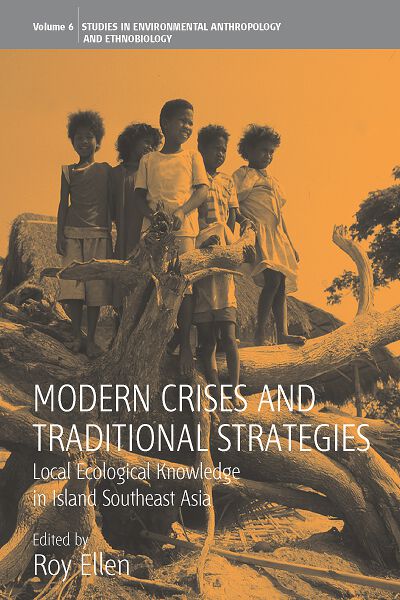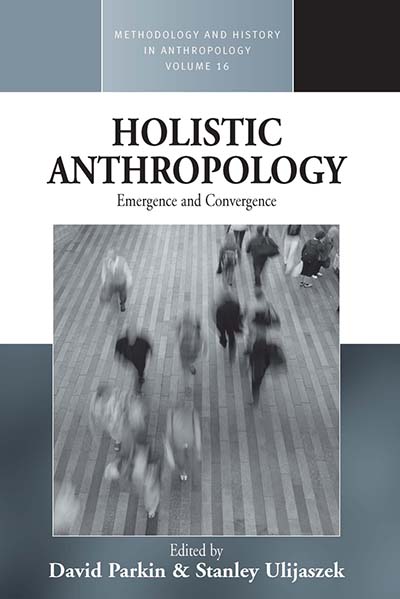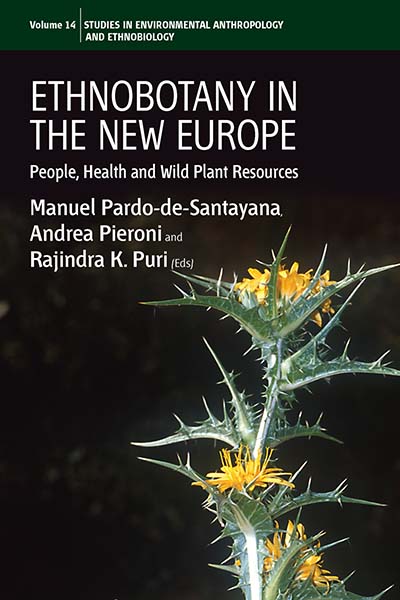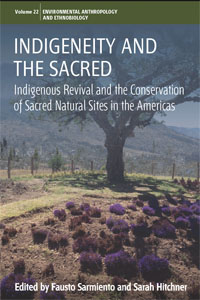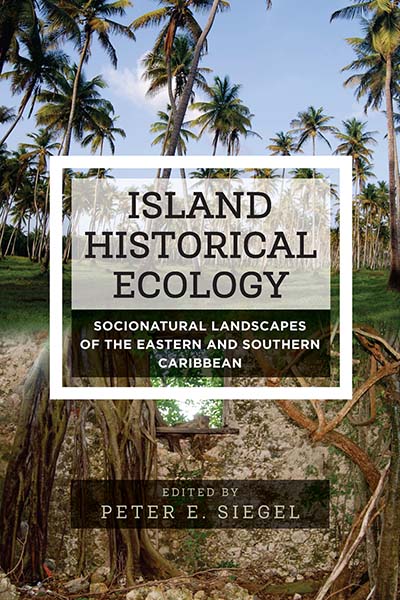
Email Newsletters
Sign up for our email newsletters to get customized updates on new Berghahn publications.
Island Historical Ecology
Socionatural Landscapes of the Eastern and Southern Caribbean
Edited by Peter E. Siegel
Foreword by William Balée
450 pages, 141 illus., bibliog., index
ISBN 978-1-78533-763-5 $150.00/£115.00 / Hb / Published (January 2018)
ISBN 978-1-83695-058-5 $39.95/£31.95 / Pb / Published (April 2025)
eISBN 978-1-83695-180-3 eBook
Reviews
“It is hard to overstate the importance of successfully accomplishing a project of this magnitude. There have been limited coring projects on individual islands, but nothing on a regional scale like this. As such, Island Historical Ecology offers our best evidence yet of human-environmental interactions in the prehistoric (and historic) Lesser Antilles. We will all be referencing this volume for many decades to come.” • JRAI (Journal of the Royal Anthropological Institute)
“This timely publication, … is probably the first to assiduously apply the science and rigour of …’historical Ecology’ to multiple small islands in the Southern and Eastern Caribbean.” • European Review of Latin American and Caribbean Studies
“This highly important and most interesting book represents a valuable source of primary data on the historical ecology of the West Indies.” • Andrzej Antczak, Leiden University
“I am much impressed with the ground-breaking work involved in this project, and with its presentation. I believe it is a very valuable and novel addition to the scientific literature on the Lesser Antilles.” • Peter G. Roe, University of Delaware
Description
In the first book-length treatise on historical ecology of the West Indies, Island Historical Ecology addresses Caribbean island ecologies from the perspective of social and cultural interventions over approximately eight millennia of human occupations. Environmental coring carried out in carefully selected wetlands allowed for the reconstruction of pre-colonial and colonial landscapes on islands between Venezuela and Puerto Rico. Comparisons with well-documented patterns in the Mediterranean and Pacific islands place this case study into a larger context of island historical ecology.
Peter E. Siegel is Professor of Anthropology at Montclair State University. His articles have appeared in Current Anthropology, Journal of Anthropological Archaeology, and Journal of Field Archaeology, among others. Siegel’s research has been supported by the Heinz Family Foundation for Latin American Archaeology, National Geographic Society, National Science Foundation, the Wenner-Gren Foundation for Anthropological Research, and the School for Advanced Research, Santa Fe.
Subject: ArchaeologyEnvironmental Studies (General)Anthropology (General)
Area: Latin America and the Caribbean
Contents
Download ToC (PDF)

